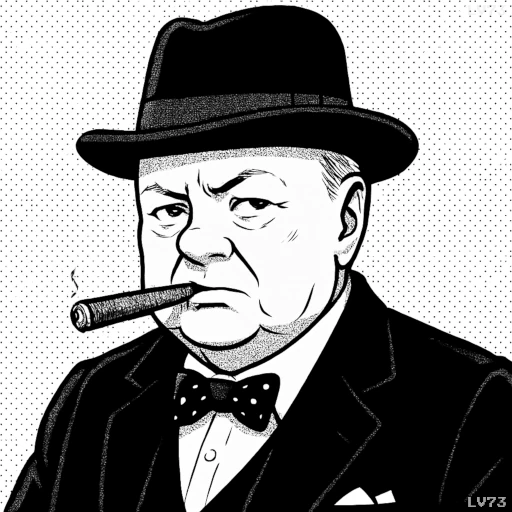“An appeaser is one who feeds a crocodile, hoping it will eat him last.”

- November 30, 1874 – January 24, 1965
- British
- Politician, army officer, writer
table of contents
Quote
“An appeaser is one who feeds a crocodile, hoping it will eat him last.”
Explanation
In this quote, Winston Churchill sharply criticizes the policy of appeasement, particularly the tendency to give in to aggressors in the hope that doing so will prevent further harm or delay conflict. The metaphor of feeding a crocodile symbolizes giving concessions to a dangerous entity, while the hope that it will “eat him last” illustrates the foolishness of believing that appeasing such a threat will lead to safety or peace. Churchill’s point is that appeasement does not secure lasting peace but rather emboldens aggressors, who will ultimately continue to demand more until they get what they want—often with devastating consequences.
This quote reflects Churchill’s view of the policies of Neville Chamberlain and others before World War II, who believed that appeasing Nazi Germany might prevent a larger conflict. Churchill, however, believed that appeasement only encouraged further aggression and that it was essential to stand firm against tyranny, rather than give in to it.
In a broader sense, the quote serves as a warning about the dangers of appeasing harmful individuals, groups, or regimes, whether in politics, business, or personal relationships. It suggests that concessions to dangerous forces, whether out of fear or a misguided attempt at peace, can ultimately lead to greater harm. Churchill’s words encourage strength, resolve, and early resistance to threats, rather than waiting for them to escalate into something far more destructive.
Would you like to share your impressions or related stories about this quote in the comments section?




